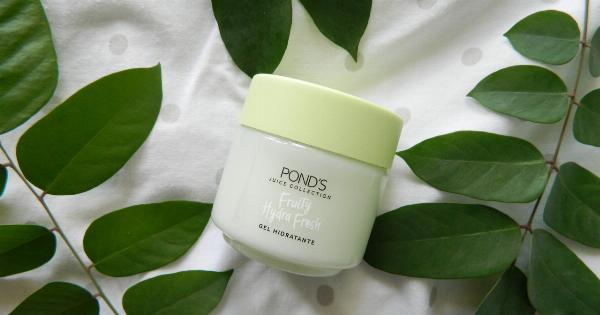Dealing with acne can be frustrating, especially when your treatment doesn’t seem to be producing the desired results.
Acne is a common skin condition that affects millions of people worldwide, and finding an effective solution can sometimes feel like a never-ending battle. If you’re struggling with acne and can’t seem to get your treatment to work, here are eight possible reasons why:.
1. Not Giving It Enough Time
Acne treatments take time to work, and it’s important to have realistic expectations. Many treatments require consistent use for several weeks before noticeable improvements occur.
Don’t give up too soon and switch to another product, as it may lead to ineffective results in the long run.
2. Incorrect Product Selection
With numerous acne treatment options available, it’s crucial to choose the right one for your specific skin type and acne severity. Using a product that is too harsh or not strong enough can hinder results.
Consulting with a dermatologist will help you identify the most suitable treatment for your unique situation.
3. Inconsistent Use
Consistency is key when it comes to treating acne. Skipping applications or using the product sporadically can impede progress.
It’s important to incorporate the treatment into your daily skincare routine and stick to it consistently to give it the best chance of working effectively.
4. Paired Products Contribute to Breakouts
Some skincare and cosmetic products can aggravate acne-prone skin and lead to further breakouts. Make sure to choose non-comedogenic products that won’t clog your pores.
Additionally, avoid using multiple acne treatments together as they can sometimes interact negatively, causing skin irritation without providing any additional benefits.
5. Hormonal Factors
Hormonal changes within the body can significantly influence acne development. In some cases, topical acne treatments alone may not be sufficient to combat hormonal acne.
If you suspect your acne is predominantly hormonal, consult with a healthcare professional who can recommend further treatment options, such as oral contraceptives or hormone-regulating medications.
6. Diet and Lifestyle
Your diet and lifestyle choices can impact your skin’s health and contribute to the development of acne. Consuming excessive sugar, processed foods, or dairy products may exacerbate acne symptoms.
Incorporating a well-balanced diet rich in fruits, vegetables, whole grains, and lean proteins can positively impact your skin’s condition and enhance the effectiveness of your acne treatment.
7. Incorrect Skincare Routine
While treating acne, it’s important to establish a proper skincare routine that focuses on gentle cleansing, exfoliation, and moisturization. Using harsh cleansers or scrubbing vigorously can irritate the skin and worsen acne.
Opt for mild, non-irritating products and avoid overwashing your face, as it can strip away essential oils and disrupt the natural balance of your skin.
8. Underlying Medical Conditions
In some cases, acne may be a symptom of an underlying medical condition. Conditions such as polycystic ovary syndrome (PCOS) or hormonal imbalances can contribute to persistent acne.
If your acne treatment doesn’t seem to be working, it’s advisable to consult with a dermatologist or healthcare professional to rule out any potential underlying issues that may require additional treatment.
Remember, each person’s skin is unique, and what works for some may not work for others. If your acne treatment isn’t working, don’t lose hope.
With persistence, proper skincare, and professional guidance, you can find an effective solution and achieve clearer, healthier skin.


























